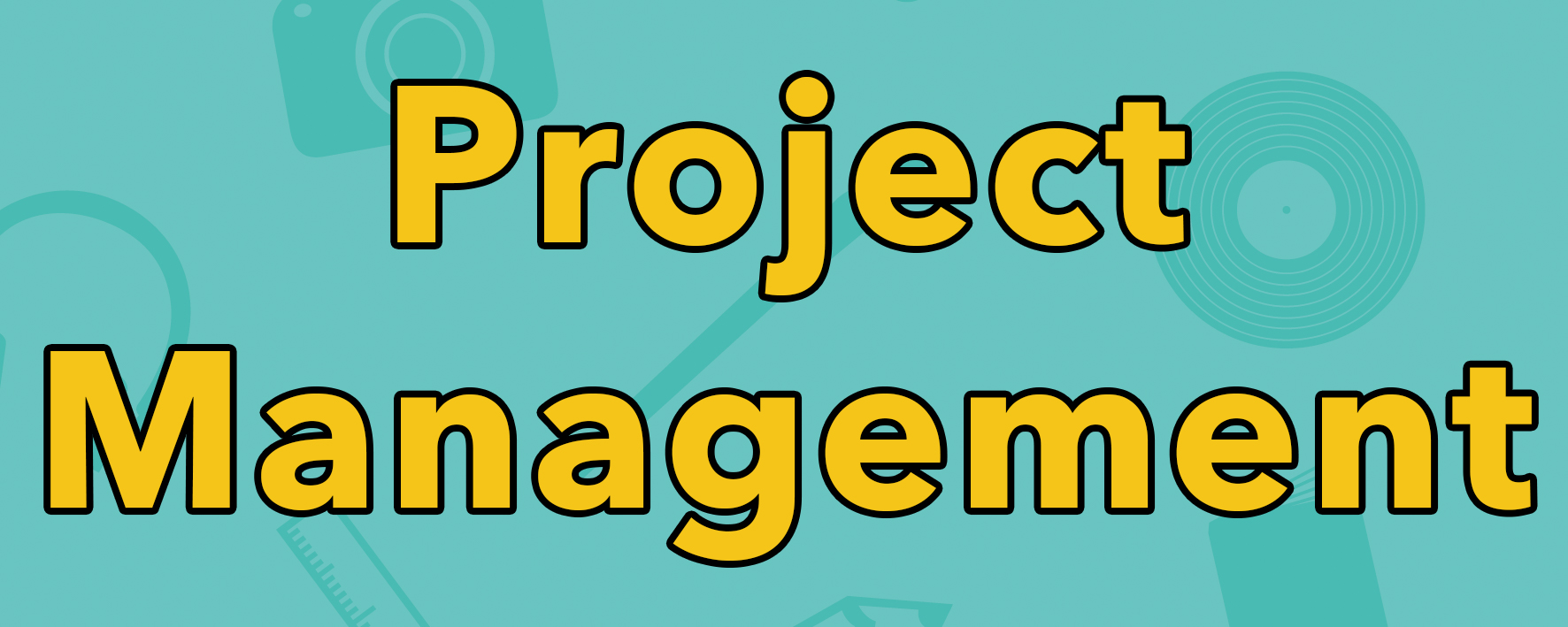Finding the Right Grant
Funding is available from a wide range of organisations and can vary from small grants of a few hundred dollars, to larger grants of thousands of dollars. The amount you apply for will most likely depend on where the funding is from and what it is for.
There are a number of funding bodies which offer grants year round. These may be philanthropic; such as the Sidney Myer Fund, service based; such as Community Arts Network WA or government run; such as the Department of Culture and the Arts and Australia Council for the Arts.
Starting out with smaller grants can be a good way to get used to writing applications and managing arts projects. There are grants available for every level of an artist’s career and working your way up will help you to apply for realistic grants at appropriate points in your practice.
In most cases grants have very specific criteria and these need to be taken into consideration when deciding on which one(s) to apply for. Whilst some grants can encompass a wide range of projects, others may be restricted to you based upon a number of factors such as the timing and location of your project, the project stakeholders or the artistic medium you are working with.
How to apply
Applying for a grant is different each time and no two funding bodies have the same processes, so it’s important to read all of the instructions and to go through the application form thoroughly before you start writing.
In most cases there will be specific people (often known as ‘Project Officers’) who work for the funding body. Project Officers can help you with any questions you have about your application, and have a great deal of knowledge about the grant application process so make sure you remember to contact them before you apply.
Handbooks can also be a wealth of information and lots of funding bodies will provide these so make sure you take a good look. A solid understanding of the funding body you are applying to will also help your application – remember that each organisation has its own reasons for making grants and so if they don’t mesh with what you’re trying to do then perhaps that particular pot of funding isn’t right for you.
Tips for success
Get a second opinion
Asking someone else to read through your application can really help you to see where any improvements might need to be made. There are organisations, such as Propel Youth Arts WA, that can provide support in this area. Being so close to a project can make it difficult to see things that others might pick up on, and it’s all the small details that go into making your application a viable one.
Know your stuff
Make sure you know your practice inside out before you start applying for anything! Being able to speak and write about what you do is important and if you can’t explain your ideas then a funding body will have a hard time deciphering what is they would potentially be funding.
Follow the instructions
Follow the rules of application writing. What information is the funding body actually asking you to supply? Answer the criteria concisely; they won’t pay attention to information they haven’t asked for.
Keep it simple
The arts industry is often flourished with colourful and abstract language; however, it is important to use plain English to ensure your message is well understood. Avoid jargon that is specific to your art form. The funding panel may have little knowledge about your practice/project and often they won’t spend the time attempting to decipher your application.
Be selective
Instead of trying to apply for every grant out there, concentrating on the one(s) that closely align with your project objectives and values will ensure that you are using your time and energy wisely.
Give yourself enough time
Give yourself enough time. The panel assessing your application will be able to tell if you have written a hasty grant application the night before it’s due. Get a good idea of the due dates of grants you are interested in applying for and start ahead of time. Getting to know the application and the organisation you are applying to will give you a much better idea of what is expected too.
Changes in your project
Most funding bodies understand that projects evolve over time, and therefore the finished product might not be exactly what you had set out in your original application.
Ensure you keep in touch with your funding body throughout the project and let them know of any changes you might be thinking of. In doing this, you will avoid any confusion at the end of your project, and will guarantee that you remain on good terms with the funding body into the future.
What is Auspicing?
In some cases, funding bodies may require you to find an auspice. An auspice is usually required in situations where an individual or non-incorporated group has applied for a grant. In these cases, an auspice organisation will receive the whole funding amount and will distribute the money to you, as you need it.
Having your grant handled by an auspice organisation gives both you and the funding body extra security. It also allows you to remain in control of your project without having to worry too much about the finances or insurance!
When searching for an organisation or business that has the facilities to auspice a grant, seek out established incorporated associations that have an interest in a similar field to the work you do. If you approach sourcing an auspice in this way, the organisation will have a better understanding of what level support is needed for your particular project.
Propel Youth Arts WA is an incorporated association, and can act as an auspice organisation. We can also help you to find an incorporated association that best suits your arts project.
Evaluating your success
There are a number of different ways you can evaluate your project. You can look at quantitative indicators such as the number of participants or ticket sales, or qualitative indicators such as audience response.
If you have the time and resources, it can often be a good idea to get feedback about your project from a range of stakeholders; including sponsors, participants and venue providers. This will help you to get your head around what was great about your project, and what wasn’t so great.
Reporting
If you gave someone money to help them with an exciting new project, you would like to know how they spent it and what they achieved from the project, right? So do funding organisations! That’s why they will often ask you for an acquittal report or evaluation of your project.
Every grant is different and so the reporting requirements will also vary. A financial report on how the grant was spent is likely to be required, along with a written report that details what the project was; its aims, successes and areas in need of improvement.
Tips for successful reporting
Be honest
Nobody ever runs a perfect project, and it is important to be able to identify what went well and what needed improvement. Being honest about your project will give you the best opportunity to learn from any mistakes you’ve made and take all the good stuff into your next piece of work. Funding bodies want to know how they can improve their processes as well, so write about any problems you might have faced (as well all the successes!). This feedback will help them continue to provide relevant grants into the future.
Be aware of your deadlines
Your acquittals or reports will have a due date. If you’re not sure about when this is, it is your responsibility to contact the funding organisation to find out. If you need to hand your acquittal in late, make sure you notify the funding body well in advance. Failure to do so can jeopardise your future funding prospects and your industry reputation.
Documentation
Good documentation is important not only when you are trying to evaluate your project for a funding body but for your own development as well. Taking lots of good quality photographs, collecting press clippings and keeping copies of your promotional materials will help you write a great report and will also allow you to begin to build up a portfolio that can help in future grant application processes.















